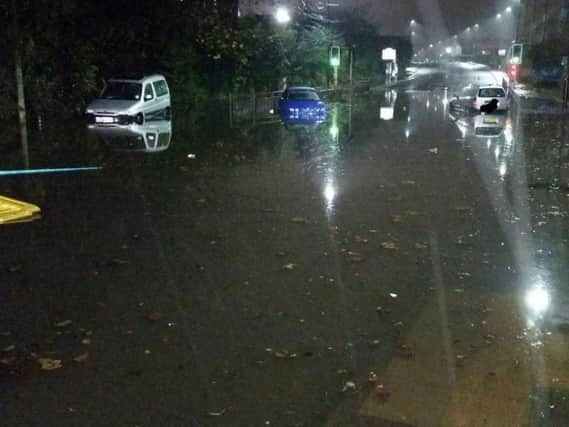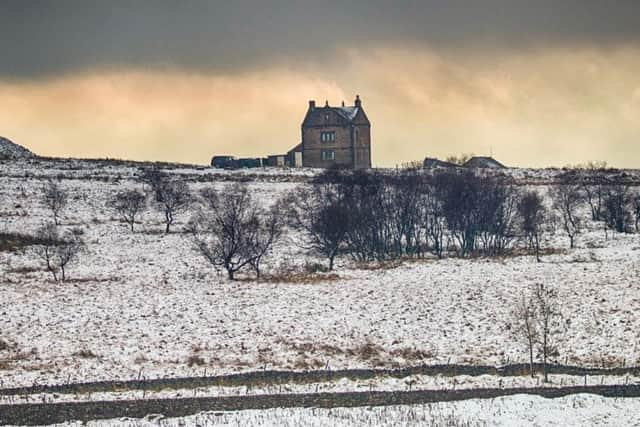Downpour results in fifth wettest November day ever in Sheffield


The weather station at Weston Park Museum recorded the lowest temperature since 2010, at minus 2.3C - although that was some way off the lowest on record, minus 7.2, set six years ago.
The average temperature of 5.9C was also the lowest since 5.1C was recorded in 2010. The overall average for the month is 6.7C.


Advertisement
Hide AdAdvertisement
Hide AdNovember was wetter than average, in no small part thanks to a downpour around the 21st, when 37.6mm of rain fell, making it the fifth wettest day for the month since records began in 1882.
More than 150 roads were affected by flooding on that day, with many forced to close.
The wettest ever day on record in Sheffield was July 15, 1973, when 119.2mm of rain fell.
Alistair McLean, curator of natural science at Weston Park, said November 2010 had been 'quite spectacular' with a lot of snow compared to this year, where only the highest areas received a dusting.


Advertisement
Hide AdAdvertisement
Hide Ad"We had a little smidge of snow but it didn't settle in the city centre because of the heat island effect," he added.
Mr McLean said large downpours in a short space of time were usually more common in the first half of the year.
He added: "You tend to get massive cloudbursts in the spring and summer."
And with December 25 not far away, Mr McLean said statistically speaking, a white Christmas was unlikely.
Advertisement
Hide AdAdvertisement
Hide Ad"The data tells us that since the turn of the millennium we have had three white Christmeases with snow on the ground on Christmas Day.
"It has only happened eight times all together - although snow recording was a bit hit and miss until the last 30 years."
The most snow on Christmas Day was recorded in 1981, when it was 29cm deep on the ground.
Today’s top stories: